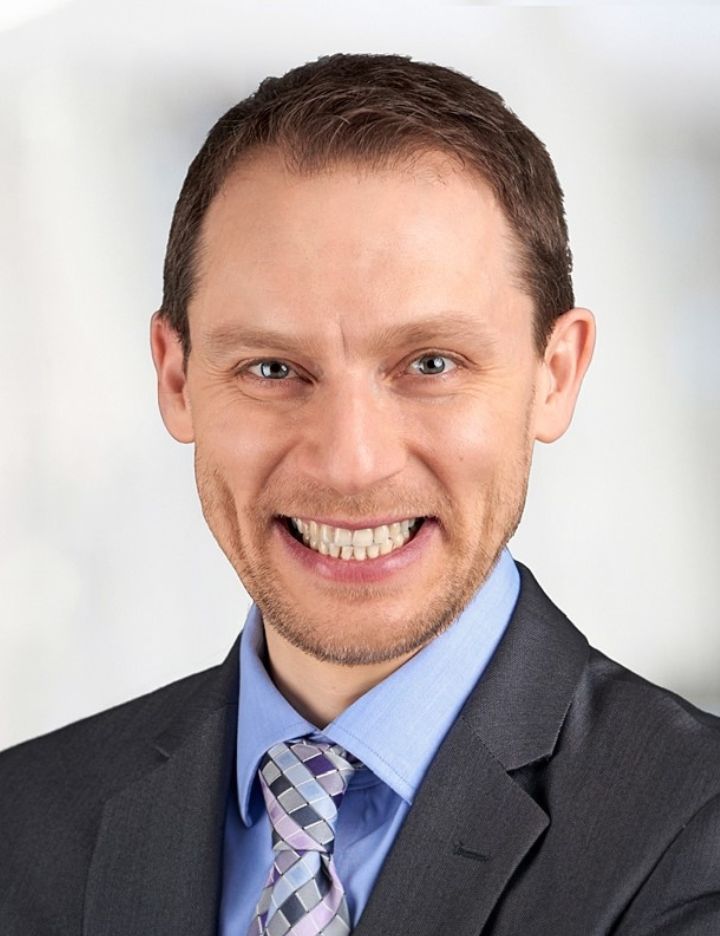TODS FEATURED SPEAKER
JOIN US FOR TWO SESSIONS IN ONE!
WHEN IMPLANTS GO BAD: RETRIEVAL OF COMPROMISED IMPLANTS, FRACTURED SCREWS & STUCK IMPLANT COMPONENTS
and
PROSTHETIC COMPLICATIONS WITH FIXED & REMOVABLE IMPLANT-SUPPORTED PROSTHESES
Dr. David Chvartszaid
Session Date: Saturday October 25, 2025
Session Time: 8:30 AM – 12:30 PM
Presenter: Dr. David Chvartszaid
JOIN US FOR TWO SESSIONS IN ONE!
OUTLINE: WHEN IMPLANTS GO BAD: RETRIEVAL OF COMPROMISED IMPLANTS, FRACTURED SCREWS & STUCK IMPLANT COMPONENTS
Success of implant therapy is conditional on preservation of integrity of the implants and implant components. Unfortunately, implants and implant components including retaining screws can fracture or become damaged during care delivery or in function. This presentation will explore such technical complications and will emphasize their management and prevention. Specific complications will include damaged and compromised implants, fractured screws, stripped screw heads, and stuck abutments.
Objectives:
- Understand the causes of implant component fractures: Identify the mechanical and material factors that contribute to the failure of dental implant components.
- Develop safe retrieval strategies for fractured, damaged and stuck components: Explore evidence-based approaches for removing fractured, damaged and stuck screws and abutments to restore function.
- Understand indications and methods for dental implant removal: Identify clinical scenarios that necessitate the removal of osseointegrated dental implants, including peri-implantitis, mechanical failures, and improper implant placement.
- Address patient-centered considerations: Gain insights into how to communicate effectively with patients about implant complications, including managing expectations, treatment timelines, and costs.
OUTLINE: PROSTHETIC COMPLICATIONS WITH FIXED & REMOVABLE IMPLANT-SUPPORTED PROSTHESES
Implant-supported prostheses may experience several complications during the delivery process and in long-term function. This presentation will review common prosthetic mistakes and complications that dentists may encounter and will emphasize their management and prevention. As most such complications are preventable, a solid understanding of this topic can improve success, predictability, and enjoyment of dental implant treatment. This presentation will address both fixed and removable implant-supported prostheses.
Objectives:
- Understand the causes of common prosthetic complications: Identify the mechanical, material and treatment planning factors that contribute to prosthetic complications with implant-supported prostheses.
- Evaluate diagnostic and management strategies: review methods for diagnosing prosthetic complications and discuss current best practices for managing and correcting them.
- Highlight preventive measures and long-term maintenance: emphasize the importance of preventive protocols and long-term maintenance in reducing the risk of prosthetic failure with implant-supported prostheses.
- Address patient-centered considerations: Gain insights into how to communicate effectively with patients about implant complications, including managing expectations, treatment timelines, and costs.
About The Speaker
Dr. David Chvartszaid is an assistant professor at the Faculty of Dentistry, University of Toronto and the dentist-in-chief at the Department of Dentistry, Alpha Omega Dental Center, Baycrest Hospital. He is a Prosthodontist and a Periodontist and holds master’s degrees in both from the University of Toronto. David is the director of Undergraduate Clinical Periodontics Program at the University of Toronto and a member of the executive of the Canadian Academy of Periodontology. He has served as the director of the Graduate Prosthodontics Program at the University of Toronto and as the president of the Association of Prosthodontists of Canada. David has lectured widely nationally and internationally and has co-authored numerous publications on treatment planning, managing implant complications, immediate implant placement and loading, and geriatric dentistry. David maintains a referral-based private practice limited to Prosthodontics, Periodontics and Implant dentistry. A significant proportion of his practice is devoted to management of complications with dental implants.
